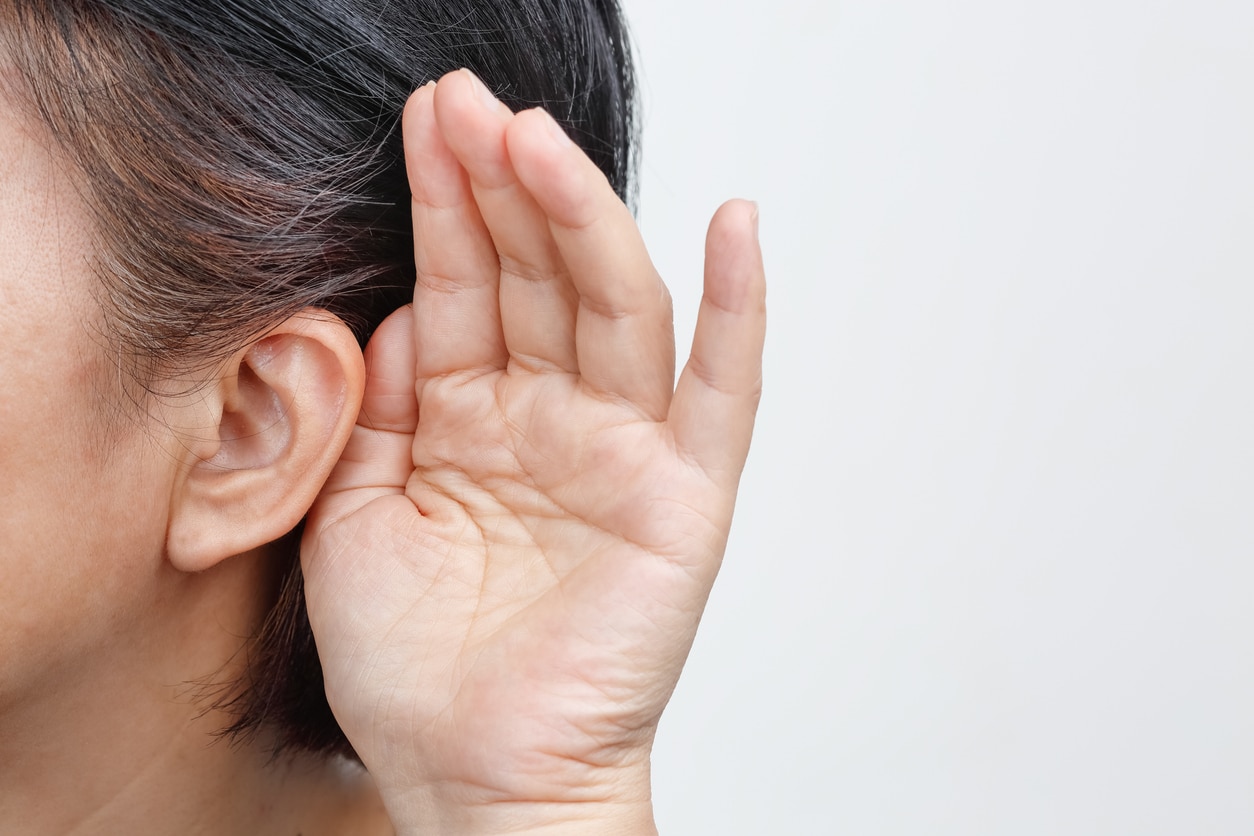Hearing loss is more common than many realize, with about 15% of Americans reporting some level of difficulty hearing. Because hearing changes often happen gradually, it’s common for people to overlook the early signs. In many cases, it’s a loved one who first points out the need to get a hearing test.
Catching hearing loss early can make a big difference in maintaining long-term hearing health. So, how can you tell when it’s time to schedule a hearing test? Here are a few things Hickory residents should keep in mind.
Recognizing the Signs That You May Need a Hearing Test

Hearing loss rarely happens overnight. It tends to develop slowly, and its early symptoms can be confused with tiredness, distractions or even background noise in busy places like FOURK restaurant.
Some common warning signs that you or a loved one could benefit from a hearing test include:
- Needing to ask people to repeat themselves frequently
- Finding that the TV or radio volume feels comfortable to you but is too loud for others
- Believing that others are mumbling, especially women or children with higher-pitched voices
- Missing key parts of conversations unless you are facing the speaker directly
- Feeling drained or mentally fatigued after social events because of the effort required to listen
If any of these experiences sound familiar, it could be a sign that hearing is deteriorating, and it’s a great opportunity to schedule a hearing test.
Why Protecting Your Hearing Matters
Once you start noticing potential hearing changes, it’s important to schedule a hearing test as soon as possible. Early detection can help preserve remaining hearing.
One of the most common types of hearing loss, called presbycusis, happens naturally with aging. Over time, the delicate hair cells in the inner ear that help send sound signals to the brain can become damaged. Unfortunately, this type of damage is permanent.
Long-term exposure to loud sounds can also speed up hearing decline. Protecting your hearing by wearing ear protection in noisy environments, taking listening breaks and monitoring your hearing regularly are all important steps to safeguard your auditory health.
If you experience a sudden loss of hearing, particularly in just one ear, it’s important to seek medical attention immediately, as this can signal a more urgent condition.
Hearing loss that goes unmanaged can lead to several health impacts over time. Therefore, early intervention is key.
Early Action Leads to Better Outcomes
When it comes to hearing health, early detection is key. Identifying hearing loss early allows you and your hearing specialist to track changes over time, recommend helpful interventions and prevent additional damage.
If you think your hearing isn’t quite what it used to be, now is a great time to act. Contact Carolina Ear Nose & Throat – Sinus and Allergy Center to schedule your hearing test and learn more today.